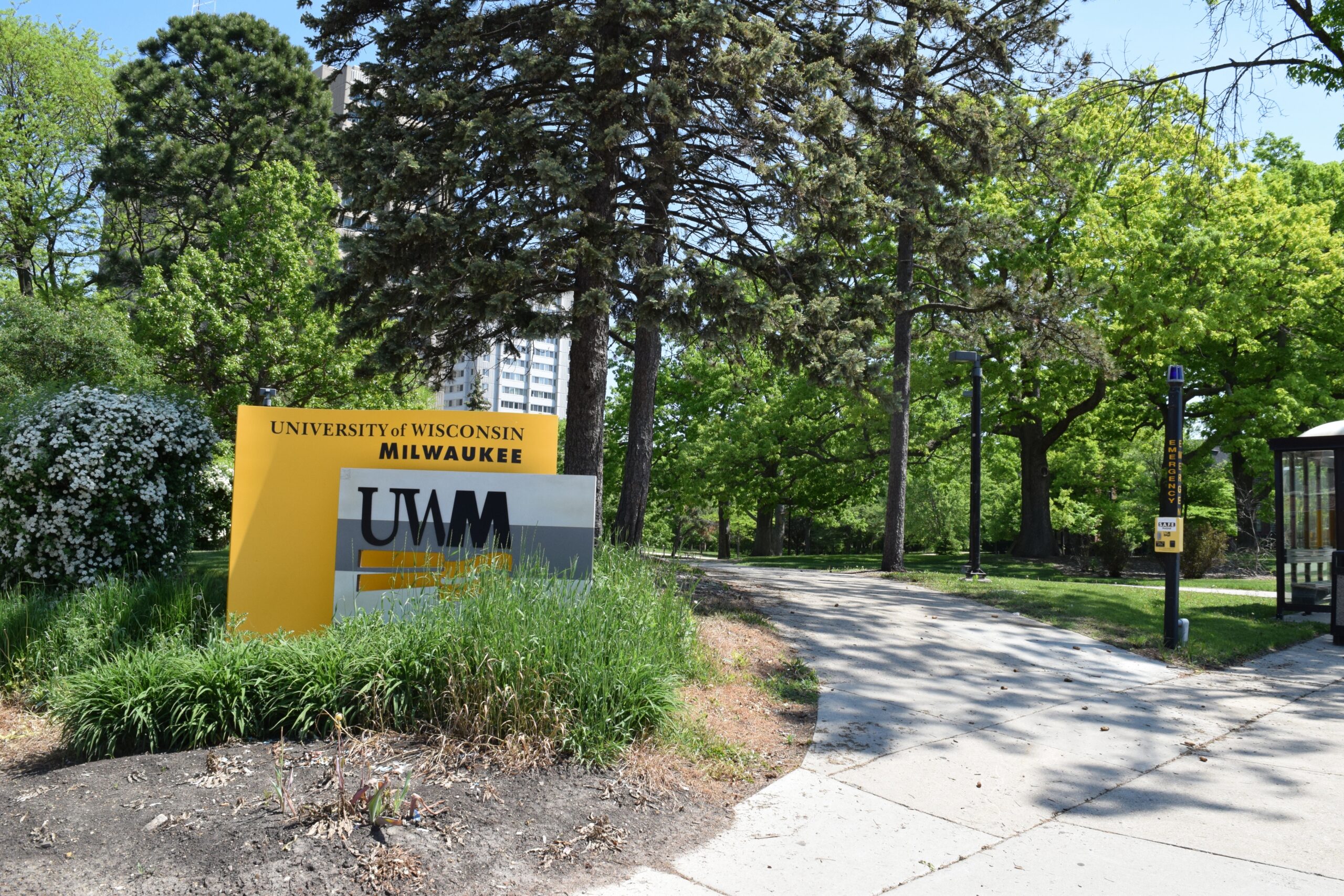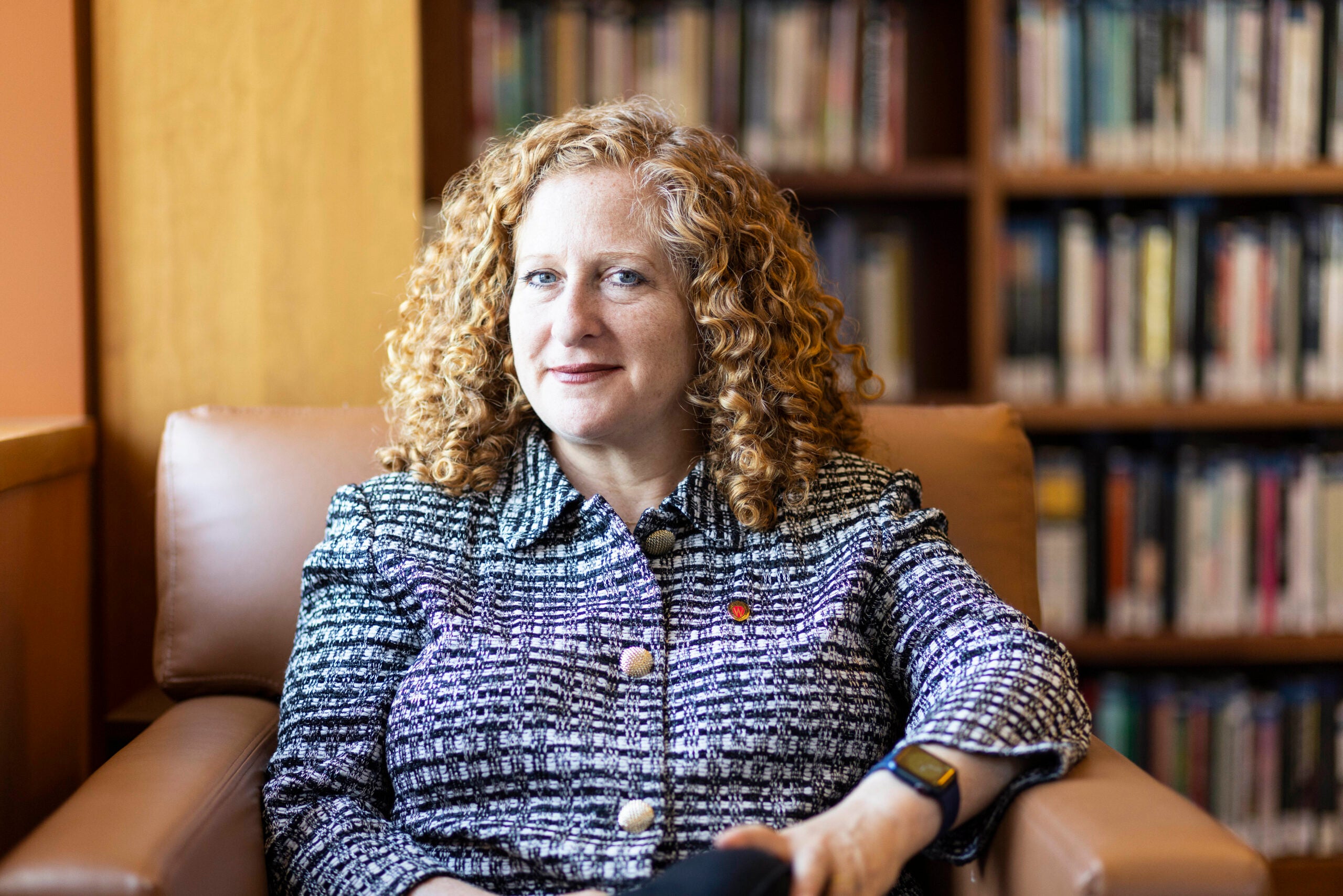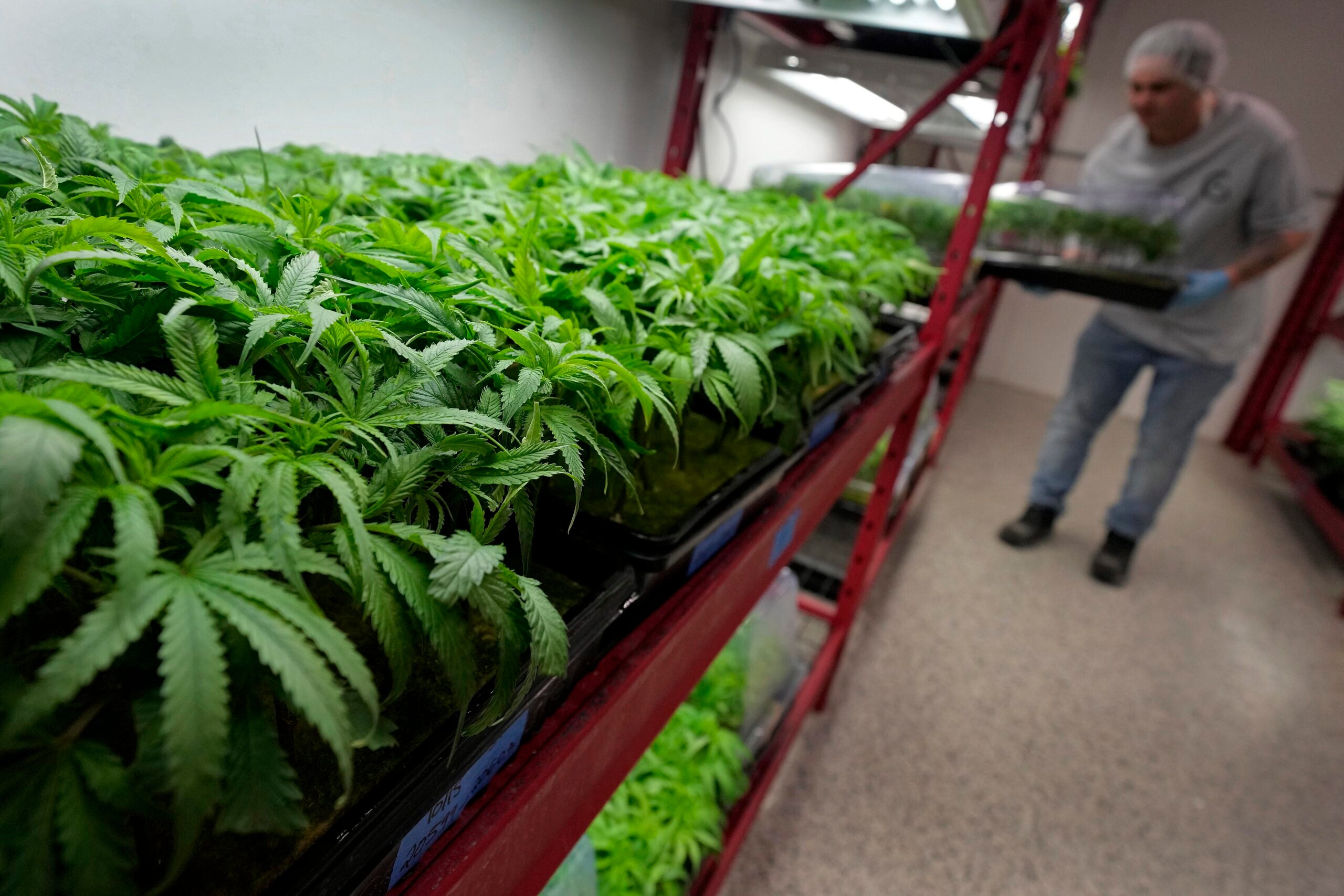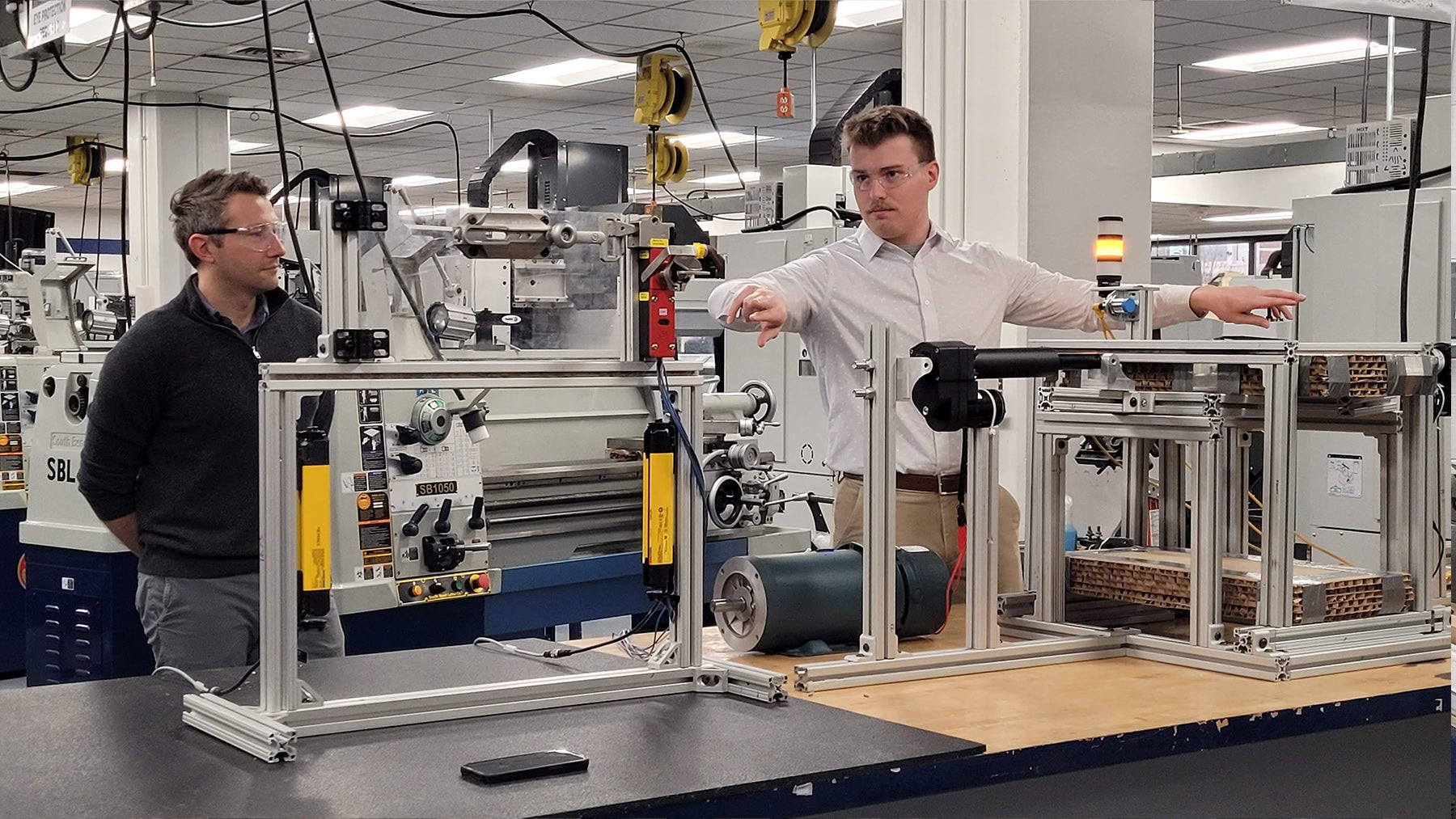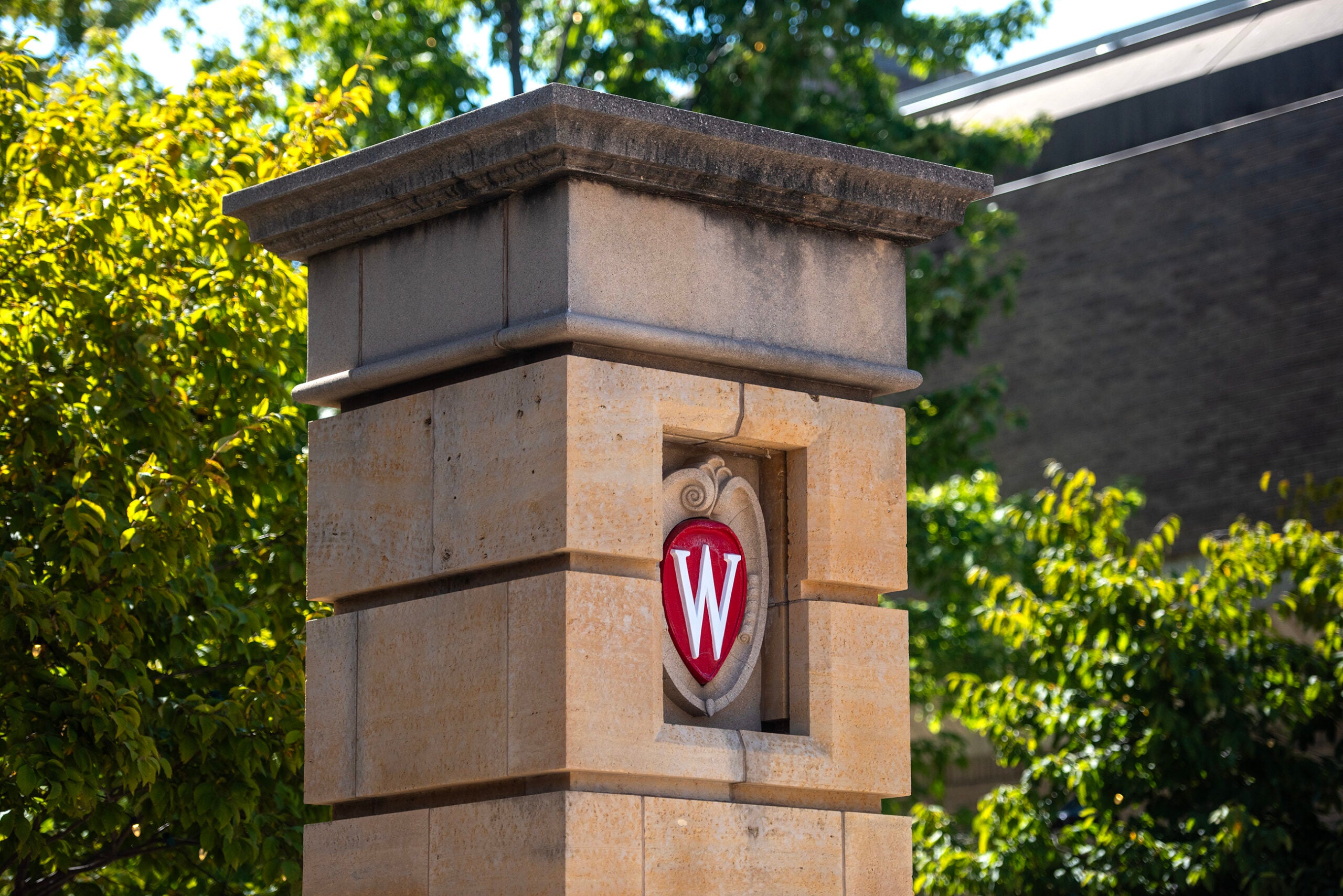The University of Wisconsin-Milwaukee is spearheading an effort to help more workers in the upper Midwest gain skills for green jobs that support manufacturing.
UW-Milwaukee will assist nine community colleges in Wisconsin, Minnesota, Iowa and Illinois to establish Industrial Training Assessment Centers — places where workers can develop energy assessment skills. Those skills can then be used to help manufacturers reduce energy consumption and cut carbon emissions, according to the U.S. Department of Energy.
The Energy Department selected UW-Milwaukee to lead one of its Clean Energy and Manufacturing Workforce Consortia, with the goal of helping companies be more competitive while addressing climate change. The university received a $5.7 million federal grant to assist in the effort, the college announced this week.
News with a little more humanity
WPR’s “Wisconsin Today” newsletter keeps you connected to the state you love without feeling overwhelmed. No paywall. No agenda. No corporate filter.
Ryo Amano, a mechanical engineering professor at UW-Milwaukee, is leading the effort. He said the initiative builds on work that’s been done at the university’s Industrial Assessment Center for the last 30 years.
The center at UW-Milwaukee conducts free energy assessments for private businesses, helping them save on energy costs, as well as reduce waste and carbon emissions. Amano said those assessments benefit companies in a variety of ways.
“Becoming more efficient and economic so that they can improve more about (the) manufacturing process itself as well as increase their employees, and also they can increase their revenue,” he said.
The new training centers will teach students and workers how to use technologies like heat pumps, hydrogen for power generation and renewable energy. Amano said it will likely take three to five years to fully establish the new centers in the upper Midwest.
Amano also said it was important to partner with tech and community colleges because not everybody is looking for a four-year degree and this helps make skills available to more people.
“By getting those kinds of certificates and experiences, they (students) can get the job easily,” he said. “They can go and improve the quality of their life. They don’t have to have a bachelor’s every time, but actually they can bypass it to get important skills.”
One of the two-year schools that’s partnering with UW-Milwaukee is Moraine Park Technical College, which has campuses in Fond du Lac, Beaver Dam and West Bend.
Doug Hamm, vice president of teaching and learning at Moraine Park Technical College, said his school was a natural fit for the program because it already places a major emphasis on advanced manufacturing.
He said it will also be a benefit for Moraine Park students to learn more about energy efficiency and clean energy technologies.
“We’re excited to provide for our students, a greater opportunity to be exposed to this kind of thinking, to realize that their role in industry can be more than what it is they set out to do,” he said. “When we expose them to these kinds of programs they’re more aware of what it takes to operate a business, and what it takes to compete on the world stage.”
Hamm added that participating in the program will allow Moraine Park to provide energy assessment services to small- and medium-sized manufacturers in the area free of charge thanks to the federal grant.
“The grant is really funding the labor it takes and all the related costs,” he said. “They get a service that is going to be beneficial to them, that’s not going to dictate to them how they must do their business or what they need to do. But it provides them with ideas, with opportunities to become more efficient and utilize their resources in a much more effective manner.”
Wisconsin Public Radio, © Copyright 2026, Board of Regents of the University of Wisconsin System and Wisconsin Educational Communications Board.

